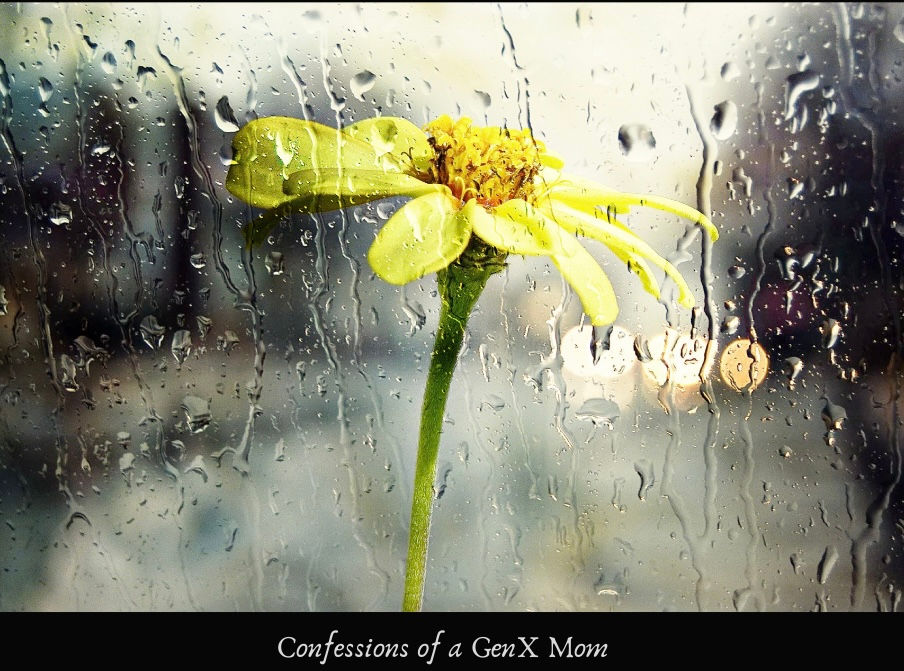Raising Teenagers: Sex Talk and Banned Books.
- Amy Young

- Aug 12, 2020
- 3 min read

Last week an argument broke out on our high school's Facebook page about a book. The book in question was assigned to freshman pre-AP students as a summer reading assignment. The book contained some sexual content - both heterosexual and homosexual. A parent took issue with this and went on Facebook to voice their outrage of the inclusion of this book on their child's reading list. (I'm not going to mention the title of the book because I'm not here to argue about it specifically.)
The parent was reminded by others that the school did in fact offer an alternative book to read for those not comfortable with the content of the first one, but that was not enough for this parent. They wanted the book taken off the list. Other parents soon joined in calling for the removal of the book.
They wanted the book banned.
I understand the reaction of parents when it comes to our teenagers learning about adult themes. I don't judge their reaction - I've been there - but I do take umbrage with the idea of banning a book.
Every parent has a choice in what their teenager is exposed to, but they don't have the right to take that choice away from other parents. There are many parents, like myself, who would prefer our teens to learn these things in a way that we can be part of the conversation.
I think back to when my daughter was in eighth grade and she brought to our attention a book she was reading that contained some sexual content. She had checked out the book from her middle school's library. I fully admit my first thought was "What is a book with sexual content doing in a middle school library?" I wanted to dismiss the book and be upset. Luckily, before I said anything, my logically minded husband suggested we talk about it. So we sat down at the kitchen table as a family and talked about sex.
Was it comfortable? No. Was it necessary? Yes.
We had already had the basic sex talk with our daughter - going over the biological how and why, but this gave us an opportunity to discuss further. We discussed what the book said about sex. We asked our daughter what she knew about the things discussed in the book. Spoiler alert: They know more than we think they do. Our daughter had heard most of the terms but didn't fully understand many of them.
We like to think that our teens are not being exposed to this stuff, but they are. They walk around school with other students who have had all sorts of experiences with sex, drugs, or other mature topics. They hear things. Having a conversation helped us be part of the discussion and guaranteed our daughter would get healthy and accurate information.
We went over definitions of sex, what our house rules were, our morals and values, and issues like consent. It was a purposeful discussion that gave our daughter information that will be beneficial to her when she does make those inevitable decisions.
The best part is that this taught her that she can come to us with any questions or concerns she has. A dialogue was opened that has continued ever since. In a way, I'm grateful for that "inappropriate" book for giving us the means to be more in control of the conversation.
Our teens are going to learn these things - whether we want them to or not. It's inevitable. I want to be part of that discussion and make sure my daughter has correct information.
If we ban books about difficult topics, if we close our eyes, or just don't talk about it, our teens are going to get their information from somewhere else. From people and places that might not have the correct information, or that might not have the best intentions toward our children.
I want to be the one who teaches my daughter about these difficult topics.
I can't do that if I get upset every time something uncomfortable comes up.
I can't do that if I close my eyes.
I can't do that if another parent takes away my choice of allowing my teen the opportunity to learn, grow, and understand.









Comments